What Can You Store in a Storage Unit? Storage Unit Rules and Regulations
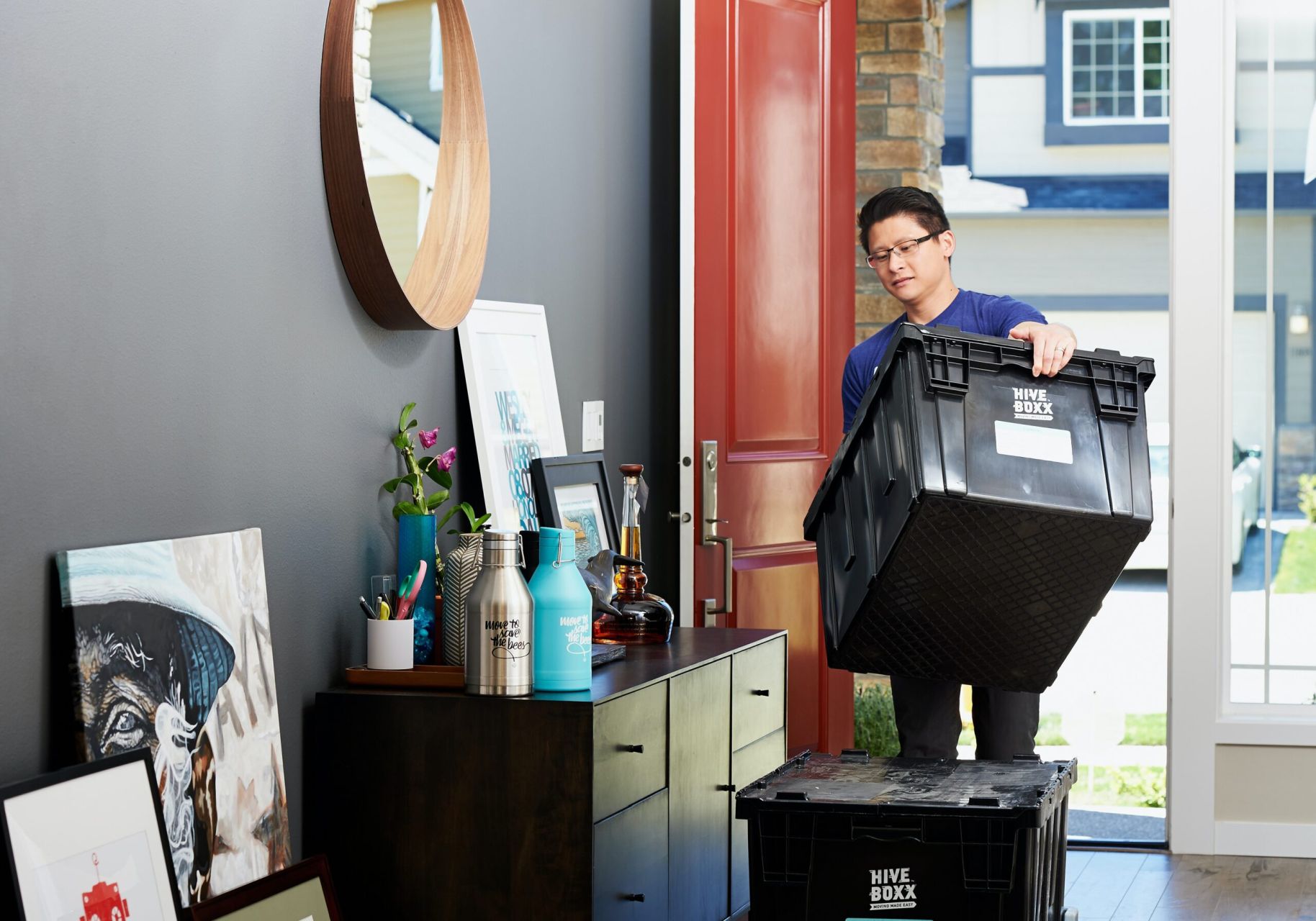
When it comes to packing a storage unit, there’s a lot to think about. You might find yourself wondering how you’re going to fit all your belongings, how you should organize your unit, and how you’re going to keep your fragile items safe and secure while they’re in storage.
It’s also important to think about the different storage unit rules and regulations. For example, it’s essential to learn what can you store in a storage unit safely, and what not to put in a storage unit.
In this guide, we’ll answer all your questions about storage unit rules and regulations. We’ll explain what you can and can’t store, and give you some tips for safe storage to protect your most valuable belongings while they’re safely stored away.
Whether you’re a first-time renter looking to optimize space or a seasoned storage user seeking a refresher on storage unit rules and regulations, join us as we delve into the dos, don’ts, and best practices of utilizing storage units to their fullest potential.
Are There Storage Unit Rules and Regulations?
First of all, what can you store in a storage unit, legally? Are there storage unit rules you need to be aware of? Absolutely. Storage units are governed by rules and regulations that ensure the safety and security of both the stored items and the facility itself.
These guidelines vary from facility to facility and may also be influenced by local and state laws. Understanding these rules is crucial before renting a storage unit to ensure compliance and to make the most of the storage space.
For example, most storage facilities have designated times when renters can access their units, ensuring security and control over who enters the premises. Also, facilities typically have a list of items that are not allowed to be stored due to safety or legal reasons, which we’ll discuss shortly.
There are also rules regarding payment, late fees, insurance requirements, and acceptable payment methods, which are usually outlined in the rental agreement. Understanding the billing cycle, grace periods, and consequences of non-payment is essential to avoid complications.
What Can You Store in a Storage Unit?
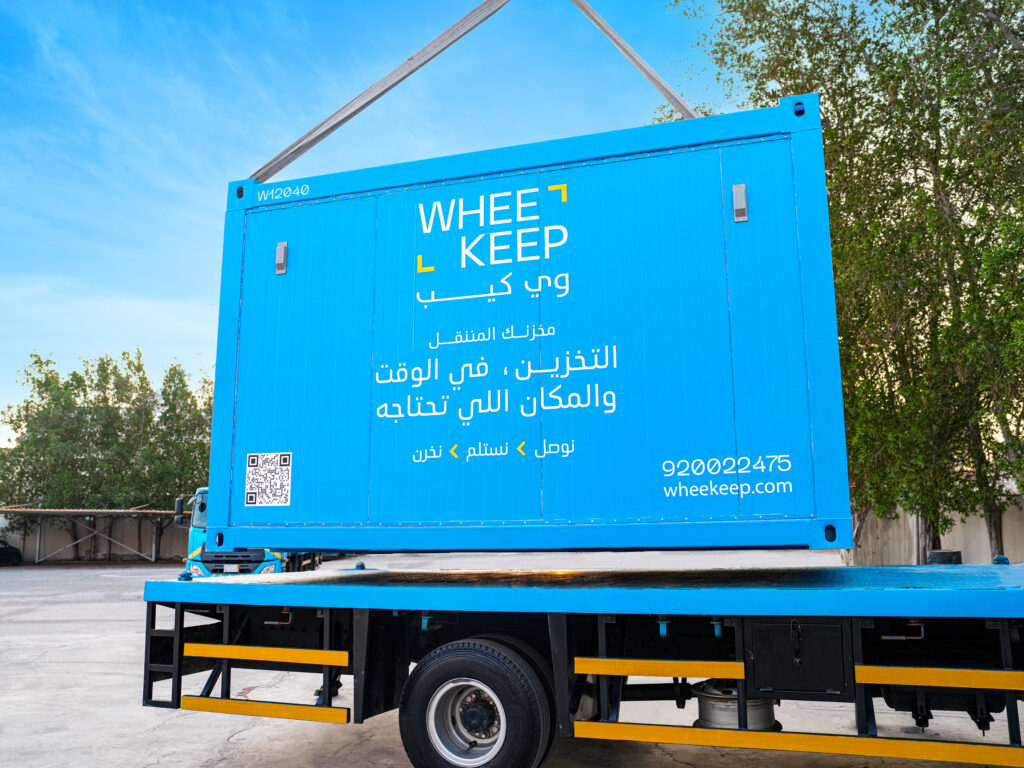
Most of the storage unit rules relate to what can and can’t be stored within your unit. It’s essential to understand these rules, as they’re designed to keep you, your belongings, the storage unit, and the facility safe and secure.
So, what can you store in a storage unit? While the exact rules may differ depending on the company or storage facility you choose, here’s an idea of the items that can typically be safely and legally kept in a storage unit.
Household Goods and Personal Belongings
Storage units are perfect for stowing away household items and personal belongings that you might not need immediate access to. This category includes clothing, books, electronics, collectibles, and sentimental items that hold value but aren’t in regular use.
It’s essential to properly pack and organize these items into your portable storage containers to maximize space and preserve their condition. Make sure you label the contents of each box or container carefully, to help you locate any item you may need to retrieve from storage.
Furniture and Home Appliances
Large or bulky furniture and home appliances, such as sofas, mattresses, refrigerators, washers, and dryers, can be stored in units of various sizes. Properly wrapping and protecting these items ensures they remain in good condition during storage.
Disassembling larger furniture can also optimize space within the unit, but make sure you have the tools and expertise to do this safely, and understand how to re-assemble your items once they’re out of storage.
Business Inventory and Documents
Storage units offer businesses additional space to store inventory, documents, excess supplies, or equipment. From retail inventory to archived files and surplus office furniture, these units provide a secure off-site location for business-related items.
If you have highly confidential documents or files containing sensitive personal data, make sure you’re following any specific rules and regulations regarding their safe storage, as they may need to be locked in a filing cabinet or other secondary container while in storage.
Seasonal Items: Holiday Decorations and Seasonal Gear
Many of us have beloved belongings and prized possessions that mean the world to us, but only at certain times of the year! Seasonal items like holiday decorations, skiing or camping gear, and sporting equipment often take up space in homes when not in use.
Utilizing a storage unit for these seasonal items helps free up space at home and keeps these items safe and organized until they’re needed. Make sure your moving storage containers are organized in a way that makes it easy to retrieve these items when the season arrives.
Larger Units for Vehicles and Bulky Equipment
Some storage facilities offer larger units designed to accommodate vehicles like cars, motorcycles, boats, or RVs. Make sure you understand the specific storage unit rules that come with storing such items.
Also, individuals or businesses with bulky equipment, such as construction tools or landscaping machinery, can benefit from these specialized units to keep their equipment secure and protected when not in use.
What Not to Put in a Storage Unit
Understanding what not to put in a storage unit is just as essential as learning which items can safely be stored. Certain materials may pose risks to both the stored items and the overall safety of the facility. Here’s a breakdown of some of the items that should never be placed in a storage unit.
Hazardous Materials
Items that are flammable, explosive, toxic, or corrosive are strictly prohibited in storage units. This includes gasoline, propane tanks, fireworks, chemicals, fertilizers, paint, batteries, and other hazardous substances.
These materials pose severe safety risks, increasing the likelihood of fire, leaks, or environmental damage. Instead of placing these items in a storage unit, check your region’s rules and regulations for proper storage or disposal of different hazardous materials.
Illegal Items
It goes without saying that storing illegal or stolen items is not only unethical but also against the law. This includes illicit drugs, stolen goods, counterfeit products, and any items prohibited by local, state, or federal regulations.
Engaging in such activities can lead to legal repercussions and immediate termination of the storage unit contract. It’s essential to be honest about what’s in your storage unit, and carefully pack the contents yourself.
Perishable Goods and Food Items
Perishable goods and food items should never be stored in units, as they attract pests, insects, and mold, and can create unpleasant odors. This category includes fresh food, canned goods, pet food, and anything that can spoil or rot.
Even non-perishable foods can attract unwanted pests, leading to infestations that may affect your other belongings, as well as neighboring units. Instead of placing food items in a storage unit, consider investing in extra shelving or a backup refrigerator for your home for safe storage.
Creative Uses for Your Storage Unit
So, what can you store in a storage unit? As well as the common items we mentioned earlier, there are a number of creative uses for your storage unit. Here are some you may like to consider.
Hobby and Craft Storage
If you have hobbies like crafting, woodworking, or painting, a storage unit can serve as an ideal space to store materials, tools, and works in progress. Creating an organized and dedicated area within the unit can help you pursue your creative endeavors without cluttering your home.
Temporary Office or Workshop Space
Entrepreneurs or freelancers seeking a cost-effective alternative to traditional office space can utilize a storage unit as a temporary workspace. With proper organization and furnishing, it can become a functional office or workshop, providing a quiet and private environment to focus on your work.
Seasonal Sports Equipment Storage
If you’re involved in seasonal sports activities, you already know the feeling of being overwhelmed with equipment during the off-season. A storage unit offers the perfect solution for safely storing bicycles, kayaks, or skis until they’re needed again, freeing up space at home.
Staging Area for Moving or Renovations
During a move or home renovations, a storage unit can serve as a staging area to keep your belongings safe and easily accessible. It provides a secure space to store furniture, boxes, or items temporarily while transitioning from one location to another or while renovating a home.
Guidelines for Storing Specific Items
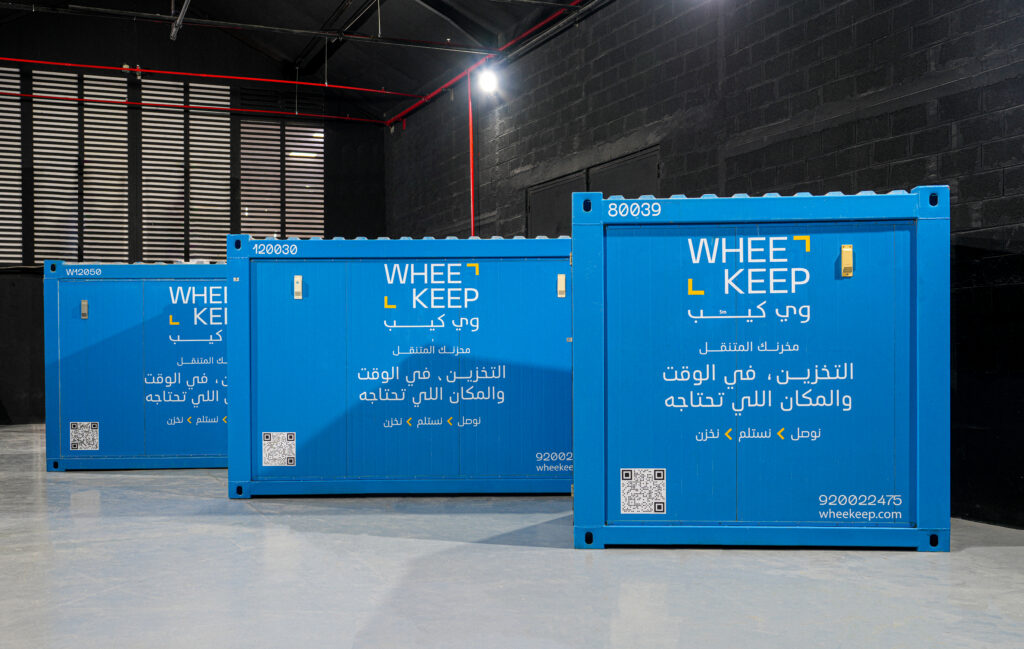
When it comes to storage, different items can have very different requirements. It’s a good idea to understand how to store each item before placing it in a unit, to keep your belongings safe and secure until you’re ready to retrieve them. Here’s what you need to know.
Best Practices for Storing Electronics
For electronics, opt for a weatherproof unit to protect them from temperature fluctuations and humidity, which can damage sensitive components. Whenever possible, store electronics in their original boxes or packaging to provide cushioning and protection against impacts.
Use silica gel packets to absorb moisture and prevent condensation within storage containers, and take out batteries from devices to prevent leaks and corrosion. If you’re storing cords, remote controls, and power supplies separately, label each accessory for easier re-assembly.
Tips for Storing Clothes and Textiles
Make sure your clothes and textiles are thoroughly cleaned and completely dry before storage to prevent mold or mildew growth. Store these items in breathable containers or garment bags to allow airflow and prevent musty odors.
Especially for long-term storage, avoid keeping your clothes in plastic bags for extended periods as they can trap moisture and lead to damage. Consider storing specific types of clothing (such as winter coats or workout gear) together, to make it easier to unpack and find items as needed.
Guidelines for Furniture and Artwork Storage
If possible, disassemble large furniture to save space and prevent damage during storage. It’s also a good idea to use furniture covers or blankets to shield items from dust and scratches.
When it comes to artwork, make sure you have a weatherproof storage unit to protect your art from the elements. Store artwork vertically to prevent warping or bending, and wrap individual pieces to protect frames and art from dirt, dust, or scratches.
Storing Books and Documents: Preserving Condition
For paper items like books and documents, maintain a stable environment with moderate temperature and humidity levels to prevent mold, yellowing, or deterioration. It’s best to store books and documents on shelves or pallets to protect them from potential water damage in case of flooding.
Use acid-free boxes or containers instead of cardboard to prevent acids from damaging the paper and documents. Also, books can be heavy, so consider using multiple, smaller boxes or containers to store your books and documents to make for easier packing and moving.
Enjoy Storage Made Simple With WheeKeep!
At WheeKeep, we take the stress out of storage. Our secure, weatherproof containers are dropped off at your doorstep, allowing you to pack your unit on your own schedule. You can then opt for storage on site, or have us move the unit to our secure facility.
Not only are our units designed to protect your belongings, but our storage site is as well. With 24/7 CCTV for your peace of mind, plus on-site guards and an advanced alarm system, we go above and beyond to keep your items safe while in storage.
With our convenient, portable units, all you need to worry about is packing and unpacking. If you’re moving, we’ll even transfer your unit to your new location for you, and come and collect it once you’ve had time to unpack all your belongings.
Not sure about storage unit sizing? Use our free storage space calculator to find the perfect WheeKeep for your needs, or give us a call to find the right unit for your belongings. Our low portable storage unit costs make WheeKeep the most convenient, affordable way to store your belongings.
Wrapping Up Our Storage Unit Rules Guide
So, what can you store in a storage unit? Many items, such as clothes, furniture, household goods, and documents can easily and safely be stored, while others may have more stringent rules and regulations. Make sure you understand the specifics before packing your unit.
At WheeKeep, we offer an easier, stress-free way to go about storage. Our portable units, delivered to your doorstep, are the most convenient way to store your belongings, whether on-site or at our secure storage facility.
Discover a better, smarter storage solution – book your WheeKeep today!
Related Blogs
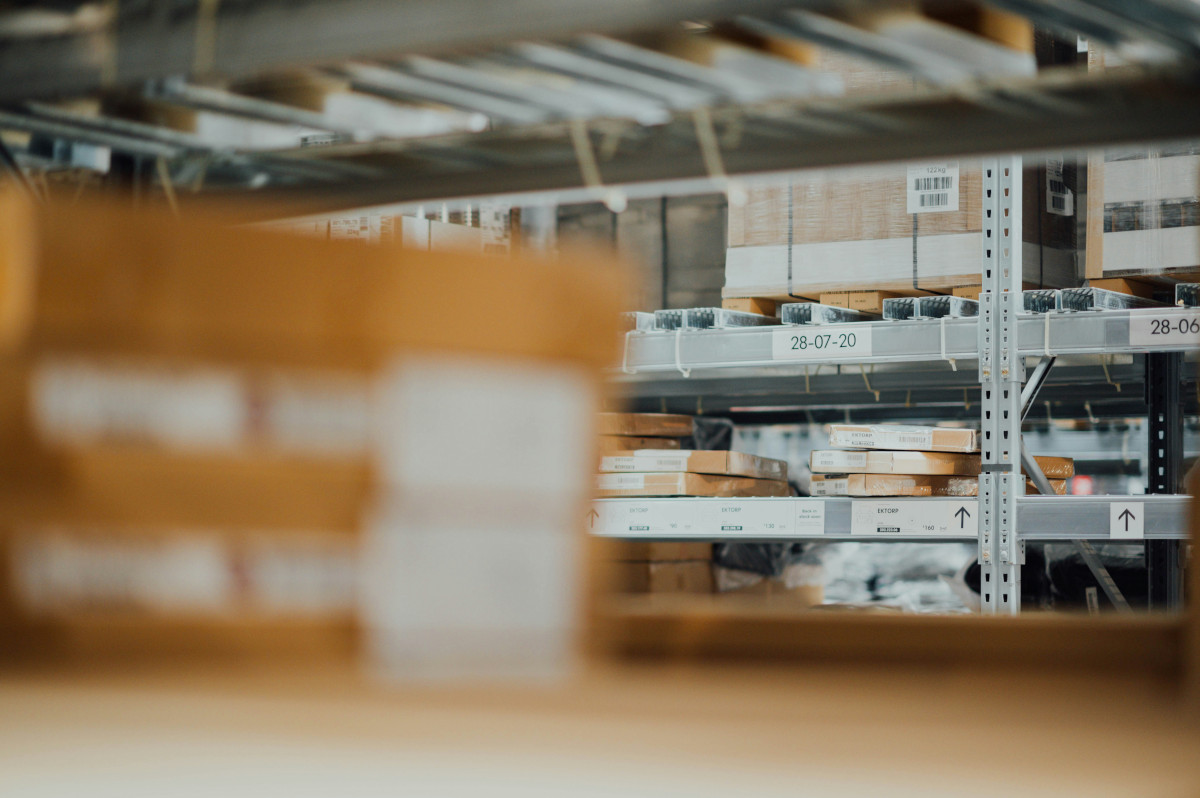
How to Use Self-Storage For Business
Self-storage for business use can be powerful when you’re running out of room, dealing with...
Read more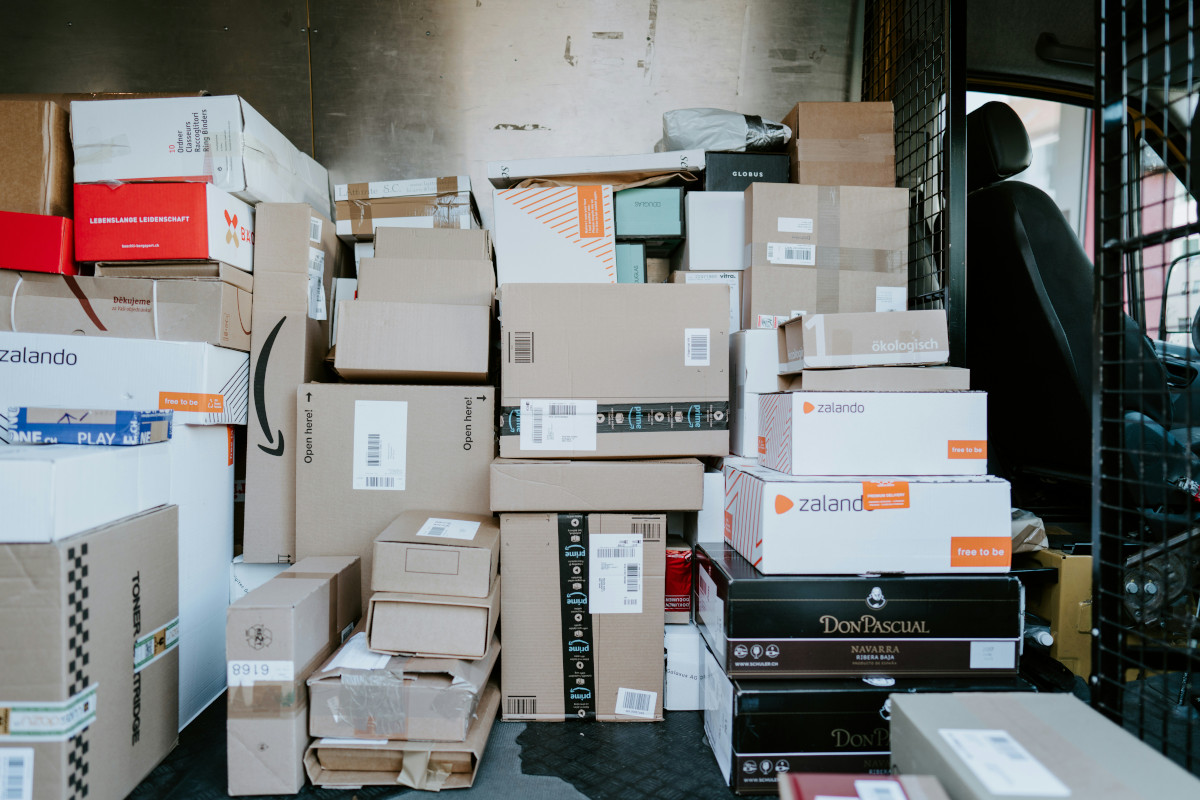
How Personal Storage Needs Change Over Time
Our storage needs change constantly, and most people don’t notice it until their home starts...
Read more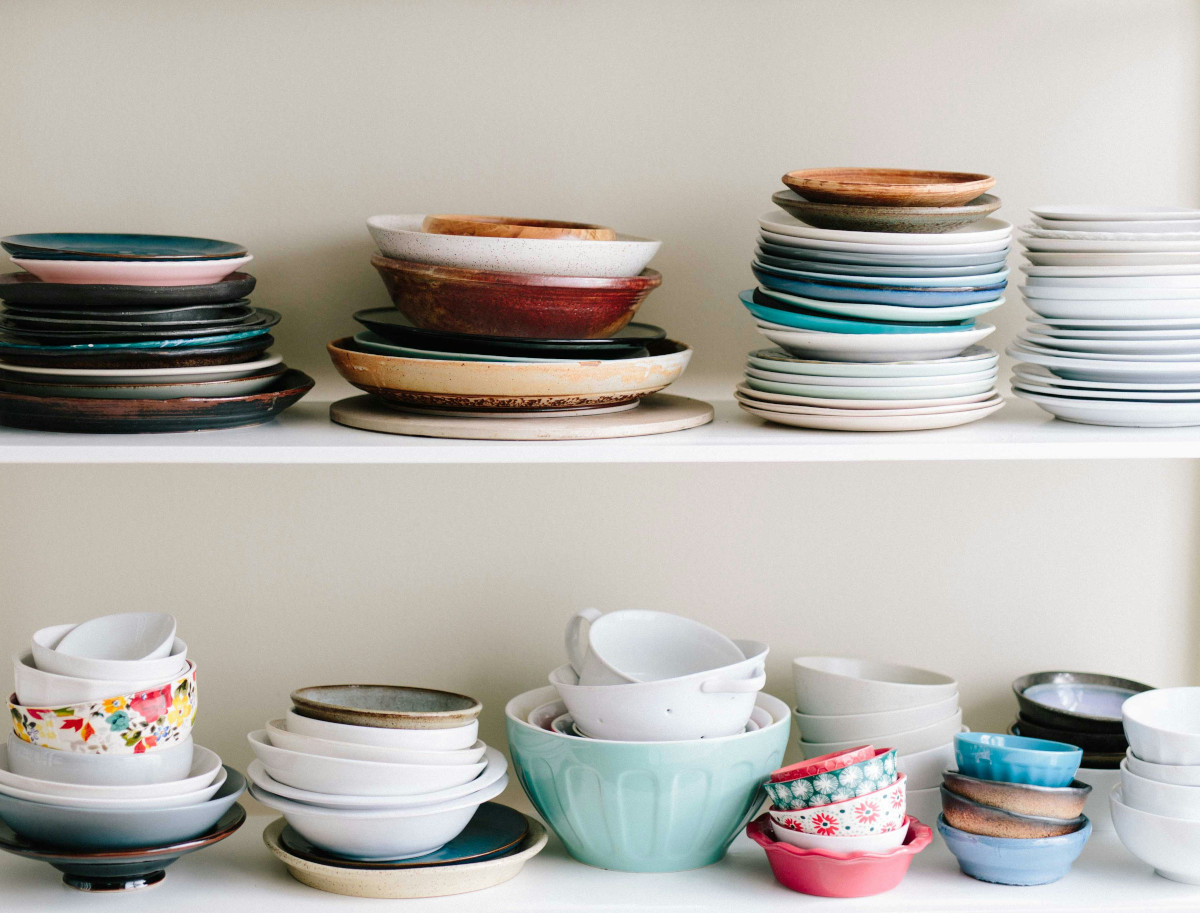
How to Store Plates in Storage
Storing dishes can be stressful - especially if you have sentimental or expensive plates, glasses,...
Read more
